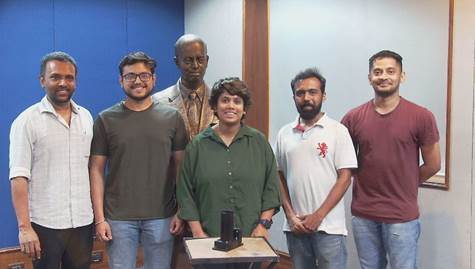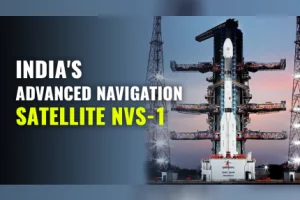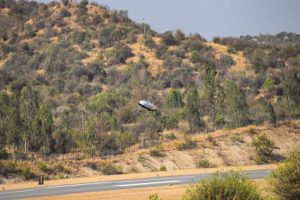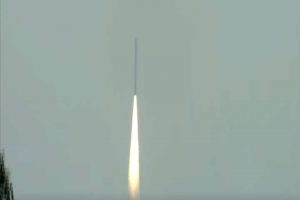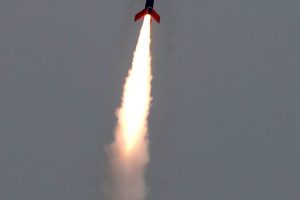A new low-cost star sensor developed by Indian astronomers launched on April 22 by ISRO on board PSLV C-55 has turned out to be a huge success.
The StarBerrySense sensor developed from off-the-shelf components by the Indian Institute of Astrophysics (IIA) is designed to quickly calculate where the satellite is pointing.
In its first-ever space test, the sensor, which is mounted on the PSLV Orbital Experimental Module (POEM), is performing well, and the initial data has now validated its design as well as its function, according to information provided by the Department of Space today.
The astronomers from the Space Payloads Group at the institute have announced that not only has StarBerrySense withstood the harsh conditions in space and is functioning as expected, the initial data shows that it is able to calculate the pointing direction.
For any space mission, it is crucial to know where the satellite is being pointed to at any given time. While there are several ways to do this, a star sensor provides the most accurate information about a spacecraft’s orientation. The start sensor designed by the Space Payloads Group at IIA is capable of finding its pointing direction in space by identifying the stars in its field of view. “This payload is built around the well-known minicomputer RaspberryPi, and the electronics and software were designed in-house,” said Bharat Chandra, the technical lead of the project and a Ph.D. student at the Indian Institute of Astrophysics.
“The advantage of this payload is that it is cost-effective, simple to build, and can be deployed on a wide variety of satellites,” he added.
“StarBerrySense was mounted on ISRO’s PSLV Orbital Experimental Module (POEM), which provides a stable platform for our payload to operate from. POEM is a unique initiative by ISRO that utilises the spent 4th stage of the PSLV as an orbital platform for carrying out scientific experiments,” explained Rekhesh Mohan, the Principal Investigator of the StarBerrySense project.
The primary objective was to assess its survivability and performance in space. “The flight qualification tests were done at the MGK Menon Laboratory for Space Sciences, located in the CREST campus of the Indian Institute of Astrophysics at Hosakote. Sky imaging tests were conducted at our Vainu Bappu Observatory”, said Binukumar, former visiting scientist at IIA and a member of the StarBerrySense team.






